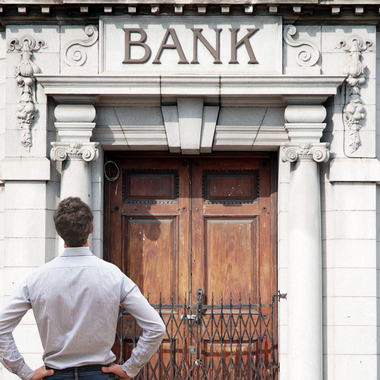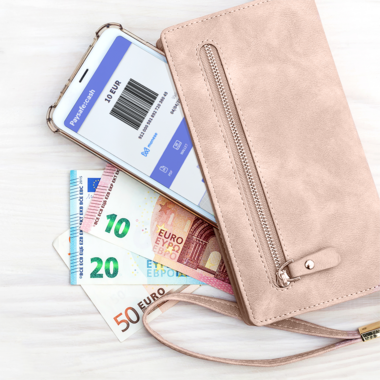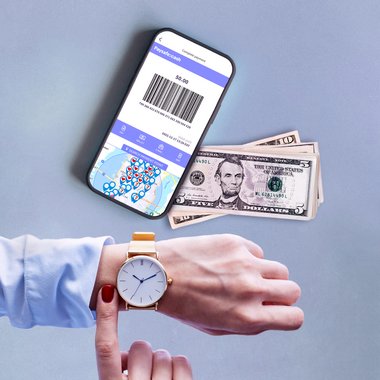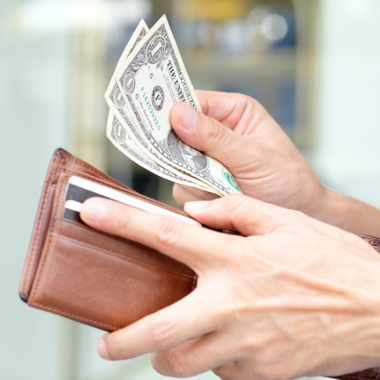eCash – the optimal payment option for businesses during COVID-19?
Oct 23, 2020COVID-19 has accelerated trends in many industries, including payments. According to data from our latest research report Lost in Transaction: How COVID-19 has reshaped the SMB Checkout, 76% of businesses have actively noticed a change in the way consumers are making payments. This, in turn, is accelerating businesses own plans to evolve their online checkouts.
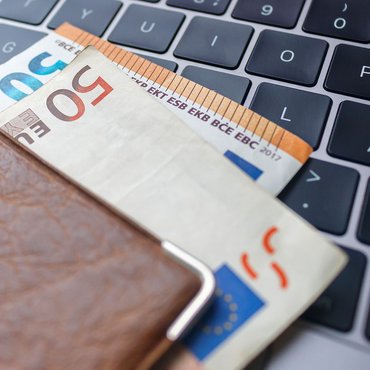
Why consumers are thinking differently about payments
There are a number of reasons for this change. Firstly, the pandemic has forced those who have previously been reluctant to join the digital world; according to our previous research report, 18% of consumers said they are now shopping online for the first time due to COVID-19. 34% of businesses think these new consumers did not shop online before the pandemic because they did not wish to share sensitive financial data over the internet for security reasons, or they did not have a bank account or credit card, and were therefore financially excluded.
Secondly, COVID-19 also forced those who already shopped online but only with a limited number of businesses they trusted to branch out and shop with companies and individuals they had no previous personal relationship with. Both groups of consumers, having now experienced the benefits of eCommerce, want to continue shopping online but are still fearful of sharing their sensitive financial data. 36% of businesses believe that consumers are turning to alternative payment methods which do not require sensitive financial data to be shared online, when shopping with businesses they have no pre-existing relationship with because of fraud concerns.
Thirdly, we know that scammers ramp up their activity and so we see an increase in fraud during times of crisis. Because of this, 60% of businesses believe that consumers are more concerned with being a victim of fraud now than pre-COVID-19 and this mirrors their own fears; 55% of businesses say an increase in fraudulent transactions has been one of their greatest concerns during COVID-19. Overall, 68% of businesses say consumers are increasingly looking to make payments where their financial details are not shared.
Finally, businesses believe there is also another reason for the shift to alternative payment methods. Being more conscious of their own finances has become more important to consumers during COVID-19 according to businesses, with 37% thinking consumers are using payment methods to better track their spending.
Diversifying the checkout
Consumer payment preferences have been diversifying for some time, with convenience and security being two of the key drivers of this. COVID-19 has forced more consumers to look at alternative payment methods; 60% of businesses think that consumer preferences have changed due to COVID-19. Additionally, the same percentage of businesses agree offering more payment methods is now more important than ever and 61% say this is a greater priority for them than 12 months ago. For this reason, diversifying the checkout is a priority for businesses to both acquire and retain customers.
Consumers want a payment experience that is convenient, safe, and as frictionless as possible. There are many alternative payment methods that businesses want to incorporate; 50% of businesses say they want to offer more payment methods, but they are unsure which ones to offer. But when you consider many of the reasons that consumers are turning to alternative payments in the first place – namely being financially excluded, or not wanting to share financial details with some or all online merchants – there is a strong argument that eCash is the most appropriate solution.
eCash is anonymous and no sensitive financial data is shared over the internet or with businesses, so it is safe to use. It also allows those that do not have a bank account or credit card to shop online. For some cash is also viewed as a more reliable way of managing spending limits. According to data from our consumer research report, 40% of consumers said they would shop online using cash if the checkout process was simple, and 36% of consumers said they would shop online more if they were able to pay using cash.
Going forward
Since the pandemic 26% of businesses say they have already seen an increase in people wanting to pay with eCash. Therefore, it is no surprise that this is the highest rated payment method businesses wish to install, with 20% of online businesses planning to integrate an eCash solution into their checkout within two years.
As the pandemic and social distancing continues, the number of new consumers shopping online for the first time and consumers shopping with new businesses for the first time is likely to continue to rise. Having eCash as a payment method will make these consumers feel safe to shop online.
To read more about how consumers’ relationship with cash is evolving in a more digital world, red our latest blog on consumer cash trends here. To find out more about the impact eCash is having on eCommerce and digital financial services, visit the Paysafecash Blog.
Lost in Transaction: How COVID-19 has reshaped the SMB Checkout.
